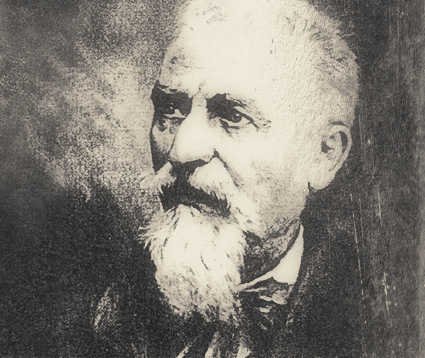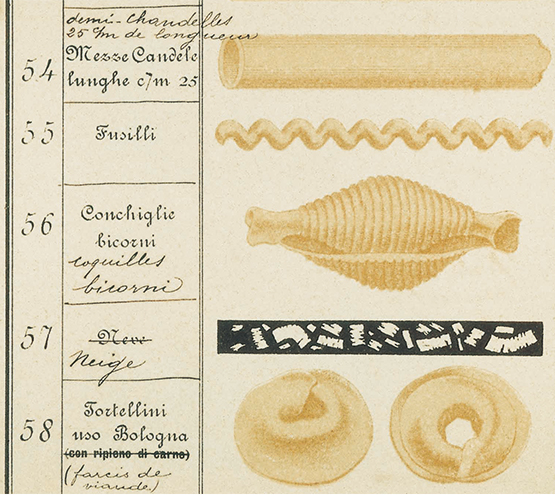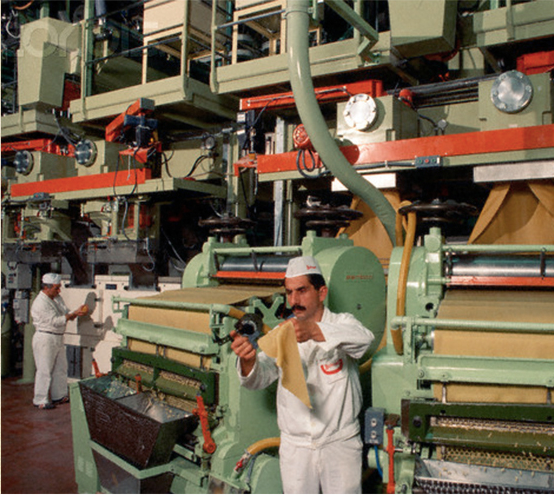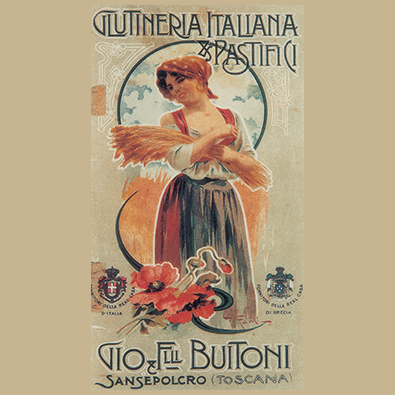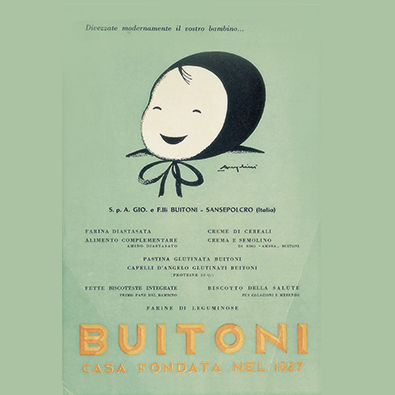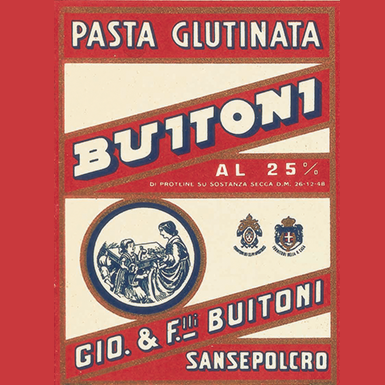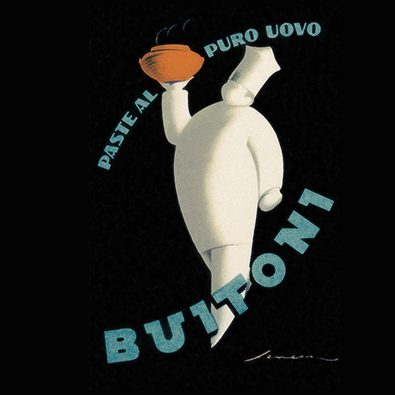Buitoni's history began in Tuscany back in 1827, when Giovanni Battista Buitoni and his wife Giulia - known as “Mamma Giulia” - decided to start a pasta business in San Sepolcro.
The business worked so well right from the start that the Buitonis were able to repay the machinery they borrowed and began to expand.
When Giovanni Battista died in 1841, his son Giuseppe moved Buitoni to Città di Castello, in the then Papal State, investing in a new factory that reached a production of 100 tons per day.
The Buitonis achieved a resounding success, also thanks to their High-gluten pasta, launched for the first time in 1884; it was a highly nutritious pasta that made Buitoni famous beyond national borders and made it one of the most established brands in the industry.
In just a few decades, Buitoni won major awards atInternational Expositions in Chicago and Paris and was honoured with the Italian Labour Merit Medal in 1901.
The first Buitoni “Spaghetti Store” was opened in New York’s Time Square a few decades later, in the 30s.
The Buitoni Spaghetti Store helped to create a culture of quality Italian food in an advanced country, which was seen as “a dream” by the rest of the world.
Advertising has always been a key strength of the company's marketing strategy; in the post-war period, the company resumed its activities by launching a series of campaigns that became very successful, also because they used popular endorsers.
With over 190 years of history, Buitoni has become a leading Italian food brand worldwide. It is all thanks to the brand’s commitment to innovation, quality and passion, combined to produce a wide range of products to suit all tastes and occasions.
Buitoni is now beginning a new chapter in its history of filled pasta, with increasingly tastier recipes that stay true to quality and tradition.



